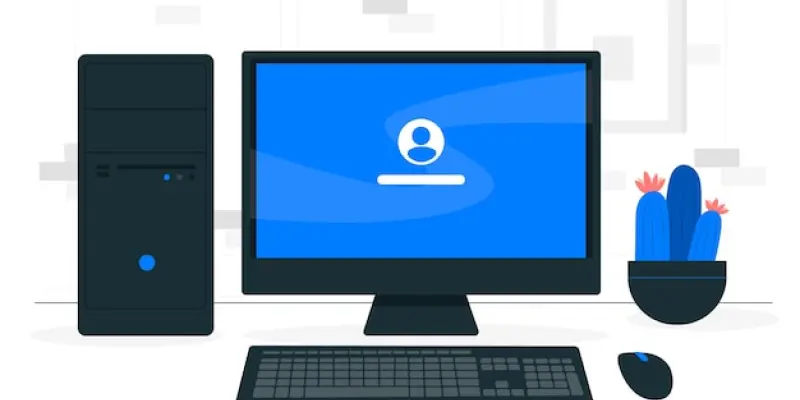In recent developments, a Windows 10 update, specifically KB5058379, has caught attention due to a wave of user-reported BitLocker recovery issues. These concerns emerged swiftly following the release of the update on Patch Tuesday. The unexpected appearance of BitLocker recovery screens has raised alarms among users, particularly those utilizing Intel’s 10th generation or later vPro processors with Intel Trusted Execution Technology (TXT). A particularly troubling aspect is the abrupt termination of the lsass.exe process in affected systems, leading to an Automatic Repair procedure that demands the BitLocker recovery key. This situation highlights the intricate relationship between software updates and hardware configurations, raising questions about the preparedness of updates for diverse computing environments. Microsoft’s acknowledgment of the issue underscores the urgency with which it is now seeking solutions, given that a remedy has not yet been established amidst the ongoing challenges faced by users.
Understanding the Technical Challenges
A significant theme in current discussions revolves around the technical challenges brought by the update, primarily affecting systems equipped with distinct hardware configurations. The resultant complications such as reboot loops or failed installations have posed considerable headaches for consumers. Even though standard consumer devices appear largely unaffected, those with BitLocker enabled are encountering substantial roadblocks. When attempting to address this concern, affected devices may undergo several installation attempts before successfully reverting to a previous state. Observations indicate that system logs often capture Event IDs 1074 and 20, which provide insights into the nature of the errors experienced. The intricate nature of these technical difficulties reflects the complex task Microsoft faces in maintaining system compatibility across a vast array of hardware platforms while ensuring user stability in the process.
Microsoft’s Response and Future Considerations
Microsoft is addressing the urgent BitLocker recovery issue arising from the KB5058379 update, yet a definitive solution or timeline remains elusive. This situation sheds light on the intricate balance required for updates and hardware compatibility, alongside the unintended consequences affecting various computing environments. As Microsoft tackles these challenges, the importance of comprehensive testing and evaluation procedures before deploying updates becomes clear, ensuring compatibility and stability across diverse systems. This incident underscores the inherent difficulties in software development, where a multitude of considerations must be juggled for effective rollout. As users await a resolution, the broader implications for future technology development and rollout strategies become evident, highlighting the need for industry stakeholders to emphasize reliability and user experience. In the ongoing battle to reconcile technological advancements with end-user satisfaction, the episode remains a critical lesson for all involved in the tech industry.

